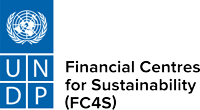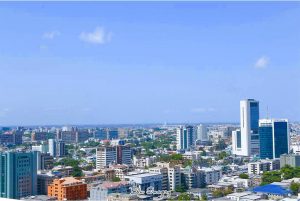De cara a la COP26, Financial Centres for Sustainability (FC4S) presenta el segundo reporte de la “Actualización de Mercado: Serie de finanzas sostenibles”. Estos documentos tienen como objetivo proveer una revisión de los principales desarrollos de mercado, así como ejemplos de guías y regulaciones (nacionales e internacionales) que contribuyan a la movilización de las finanzas verdes y sustentables.
Esta segunda edición describe cómo los inversores institucionales están activamente contribuyendo al enverdecimiento de los mercados financieros. Los inversores institucionales tienen incentivos para enfrentar y mitigar riesgos climáticos, especialmente las administradoras de fondos de ahorro para el retiro y otros inversores a largo plazo que no pueden diversificar con facilidad para evitar riesgos globales como el cambio climático, y, por lo tanto, tienen una motivación intrínseca para abordarlos.
Aspectos destacados:
- Los inversores institucionales están adoptando marcos para elaborar reportes ASG y alentando a sus empresas participadas a adoptar estrategias de mitigación climática.
- Los inversores institucionales han comenzado a evaluar sistemáticamente la exposición de sus carteras a riesgos ASG porque la evidencia demuestra que dichos riesgos son relevantes para el rendimiento financiero
- Los titulares de activos están demandando mejor divulgación de riesgos ambientales y climáticos y, en general, que sus ahorros sean administrados teniendo en cuenta criterios de sostenibilidad.
- Los inversores están impulsando el diálogo con empresas ya sea mediante la participación corporativa directa o el uso de los derechos de los accionistas; algunos están dejando de lado las inversiones altas en emisiones de carbono y eligen inversiones con altas puntuaciones ASG.
- Las autoridades financieras han intervenido brindando protocolos, directrices de supervisión y consultas sobre la adopción de factores ASG, y aclarando que dichos factores están dentro del deber fiduciario.










































